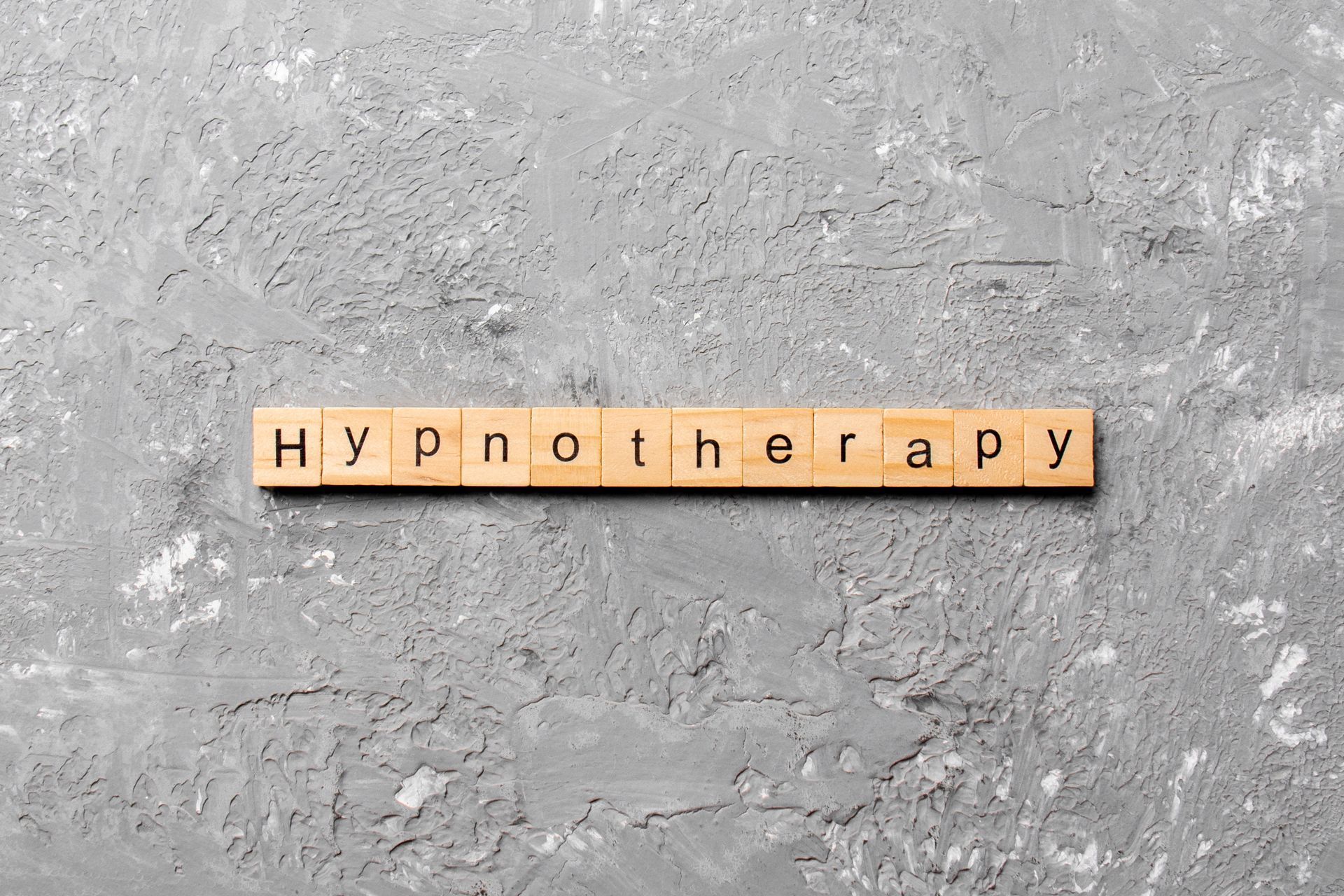Available By Appointment To Offer Zoom, Skype and FaceTime Sessions
Contact Me Today For A Free 20 Minute Consultation! (505) 463-7392
Top 7 Benefits of Hypnotherapy
Hypnotherapy is an increasingly popular form of therapy that has helped many people to find relief from a range of mental, emotional, and physical issues. Hypnotic techniques can help to reduce anxiety and depression while also increasing motivation and focus. In this blog post, we will discuss the various benefits of hypnotherapy and how it can help to improve overall well-being. From developing a more positive outlook to improving physical health, the advantages of hypnotherapy are numerous and should be considered as part of any therapeutic journey. Keep reading to learn more about the seven benefits of hypnotherapy!
1. Reducing Stress
Hypnotherapy is a useful tool for reducing stress. When we are stressed, our bodies enter into a fight-or-flight state, which activates the sympathetic nervous system. This increases our heart rate and blood pressure and can lead to a host of other physical symptoms.
However, hypnotherapy can help to activate the parasympathetic nervous system, which has a calming effect on the body. As a result, hypnotherapy can help to lower heart rate and blood pressure and relieve other physical symptoms of stress. In addition, hypnotherapy can also help to address the underlying causes of stress.
By identifying and addressing Listeners' negative thoughts and beliefs, hypnotherapy can help to reduce stress levels both in the short and long term.
2. Helping with Pain Management
Hypnotherapy has been shown to be effective in helping to manage pain. In a study published in the Journal of Consulting and Clinical Psychology, patients who received hypnotherapy for pain management showed significant reductions in pain intensity and pain interference, as well as increases in positive mood states and quality of life.
The patients who received hypnotherapy also showed greater decreases in the use of pain medication than those who did not receive hypnotherapy. These findings suggest that hypnotherapy can be a valuable tool for helping people to manage their pain.
There are a number of different ways that hypnotherapy can help to reduce pain. Hypnosis can help to relax the body and mind, which can lead to reduced muscle tension and improved blood flow.
Hypnosis can also help to change the way that the brain processes pain signals, making them less noticeable or less bothersome. In addition, hypnosis can help to increase feelings of well-being and relaxation, which can further reduce the perception of pain.
3. Quitting Smoking Cigarettes or Other Addictions
Quitting smoking cigarettes is one of the most difficult things a person can do. The nicotine in cigarettes is highly addictive, and the act of smoking itself is often deeply ingrained in a smoker's daily routine.
However, hypnotherapy can be an effective tool for helping people to break the habit. Hypnotherapy works by tapping into the subconscious mind and giving positive suggestions that help to change a person's behavior. For example, a hypnotherapist might suggest that cigarettes taste unpleasant or that smoking is no longer enjoyable.
Over time, these suggestions can help to change a person's attitude towards smoking, making it easier to quit. In addition, hypnotherapy can also help to address the underlying reasons why a person smokes, such as stress or anxiety.
By addressing these issues, hypnotherapy can provide a comprehensive approach to quitting smoking that can lead to long-term success.
4. Improving Sleep Quality
One of the most common benefits of hypnotherapy is improved sleep quality. When we are stressed, anxious, or experiencing pain, it can be difficult to drift off into a deep and restful sleep.
Hypnotherapy can help to calm the mind and relax the body, making it easier to fall asleep and stay asleep through the night. In addition to promoting better sleep, hypnotherapy can also help to reduce stress levels, anxiety, and pain. As a result, many people who undergo hypnotherapy report feeling more rested, refreshed, and energetic during the day.
If you are struggling with sleep issues, consider seeking out a qualified hypnotherapist to see if this treatment could be right for you.
5. Aiding Weight Loss Efforts
Losing weight is often a difficult and frustrating process. Despite our best efforts, sometimes the pounds just don't seem to budge. However, there may be hope: hypnotherapy has been shown to be an effective tool in aiding weight loss efforts.
Hypnosis works by altering our state of consciousness, making us more open to suggestions. In the case of weight loss, these suggestions might include healthy eating habits and portion control. By repeatedly reinforcing these suggestions, hypnotherapy can help to change our eating habits and lead to lasting weight loss.
Additionally, hypnosis can also help to address any underlying issues that may be sabotaging our diet efforts, such as emotional eating or stress-related overeating. If you're struggling to lose weight, hypnotherapy may be worth a try.
6. Overcoming Phobias or Anxiety Disorders
Phobias and anxiety disorders can be incredibly debilitating, making it difficult to go about our daily lives. While medications and therapy are the mainstays of treatment for these conditions, hypnotherapy may also be helpful.
Hypnosis can help to reduce fear or anxiety around specific objects or situations, which can make them easier to confront. In addition, hypnotherapy can also help to identify and address any underlying issues that may be fueling these feelings of fear or anxiety.
By exploring the root causes of our phobias and anxieties, we can gain insight into why they exist and begin to work on overcoming them. If you're struggling with a phobia or an anxiety disorder, hypnotherapy may be worth considering.
Hypnotherapy is an incredibly powerful tool for promoting physical and mental well-being. By tapping into the subconscious mind, we can change our behaviors and break bad habits that are holding us back from achieving our goals. If you're looking to make a lasting change in your life, hypnotherapy is definitely worth a try.
7. Boosting Self-Confidence
Whether we are struggling with professional or personal goals, our self-confidence often plays a major role in our success. Hypnotherapy can be an effective tool for boosting self-confidence and helping us to achieve our goals.
Hypnosis has been shown to help reduce feelings of fear or anxiety, which can make it easier to take risks and move forward. Additionally, hypnotherapy can also help to address any underlying issues that may be preventing us from reaching our goals. By exploring why we have low self-confidence or are afraid to take risks, we can gain insight into how to move past these blocks and reach our full potential.
If you're looking for a way to increase your self-confidence and achieve your goals, hypnotherapy may be the answer.
In conclusion, hypnotherapy is a powerful tool for promoting physical and mental well-being. From aiding weight loss efforts to boosting self-confidence, hypnotherapy can help us to break bad habits and reach our goals. If you're looking for a way to make lasting changes in your life, it's definitely worth considering. With the help of a qualified hypnotherapist, you may be able to unlock the potential within yourself and achieve amazing things!
The power of hypnosis lies in its ability to tap into our subconscious mind and make lasting changes. Hypnotherapy can help us to break bad habits, reduce fears or anxieties, improve sleep issues, and even boost our self-confidence. If you are looking for a way to make lasting changes in your life, it is definitely worth considering hypnotherapy as an option. With the help of a qualified hypnotherapist, you may be able to unlock the potential within yourself and achieve amazing things!
If you’re looking to make lasting changes in your life and improve mental, emotional, and physical well-being, it is worth considering hypnotherapy as an option. With the help of a qualified hypnotherapist, you may be able to unlock the potential within yourself and achieve amazing things. Contact
David B. Fisher Hypnotherapy in Albuquerque, NM today to learn more and experience the transformative power of hypnotherapy. Let’s work together to solve the problems plaguing your life and leave you feeling energized!
Schedule an appointment now, and take the first step towards a healthier, happier lifestyle.










Phone: (505) 463-7392 | Address: 1400 Carlisle Boulevard Northeast, Suite A1, Albuquerque, NM 87110
Copyright © 2024 David B. Fisher Hypnotherapy, All Rights Reserved.